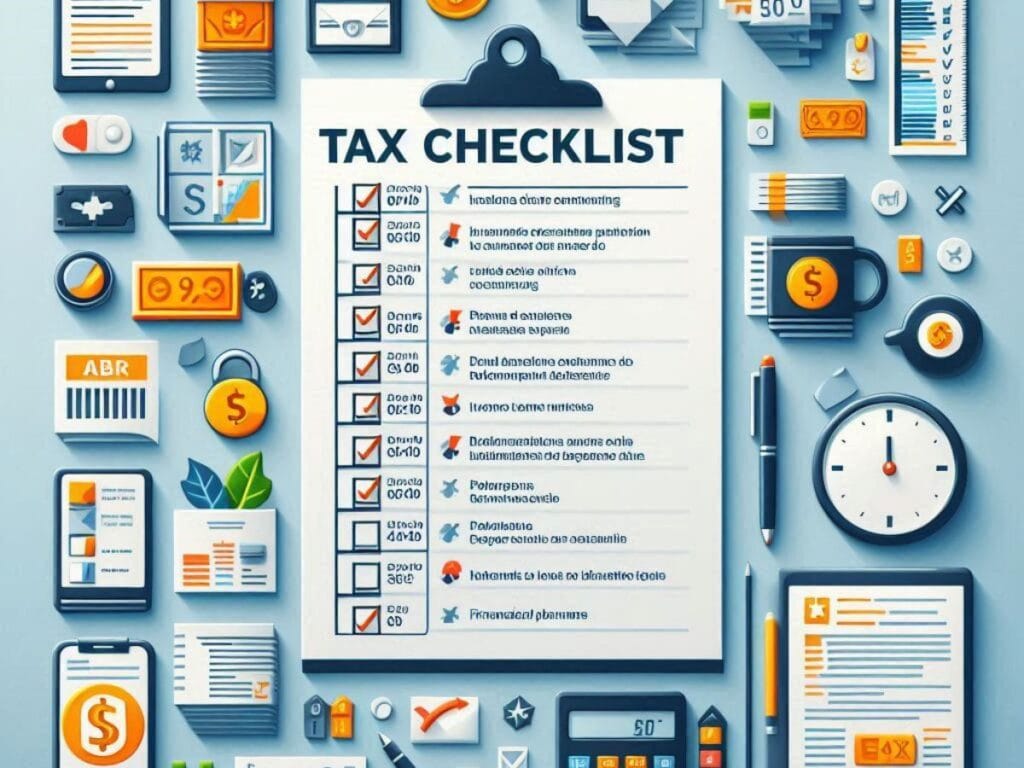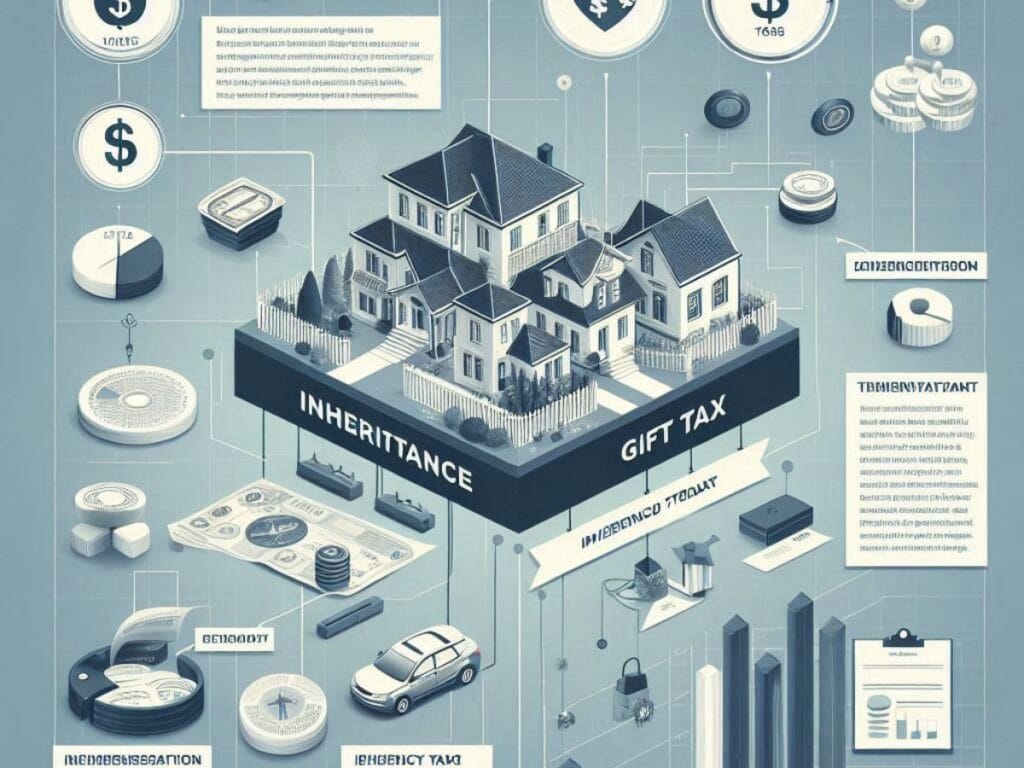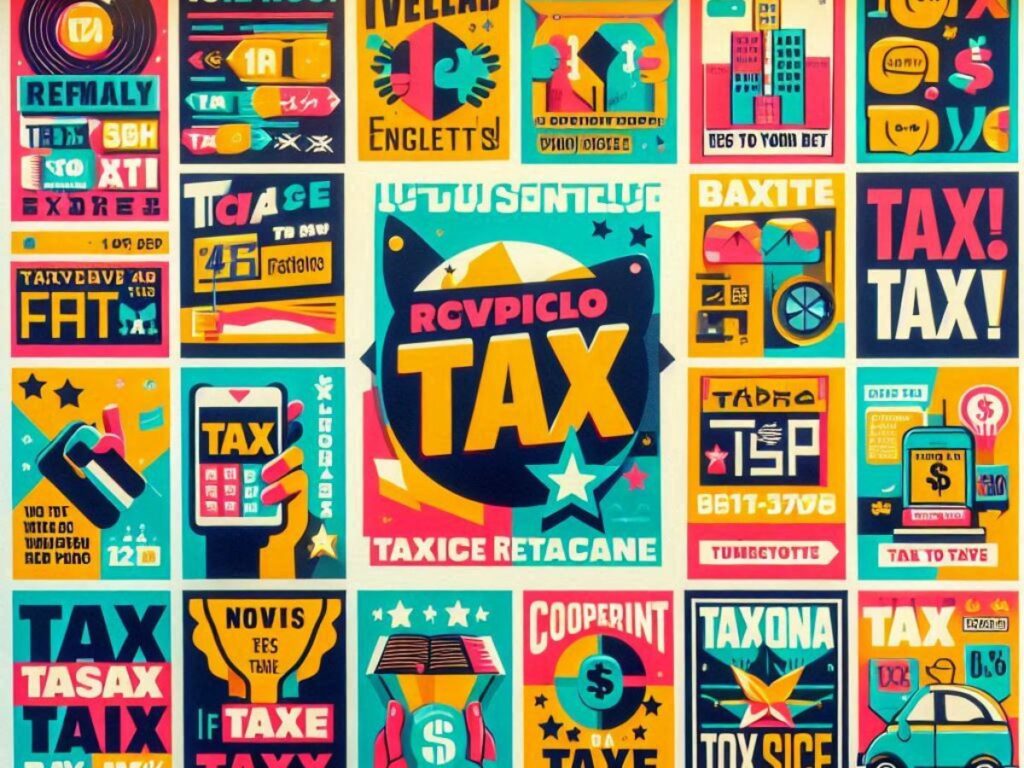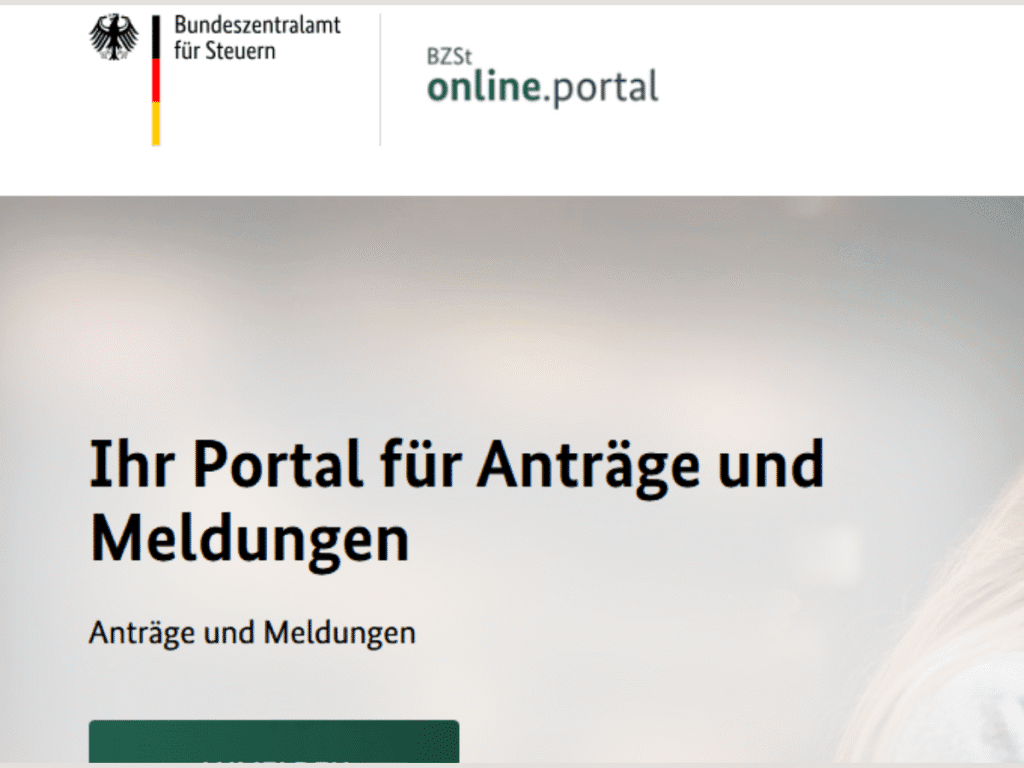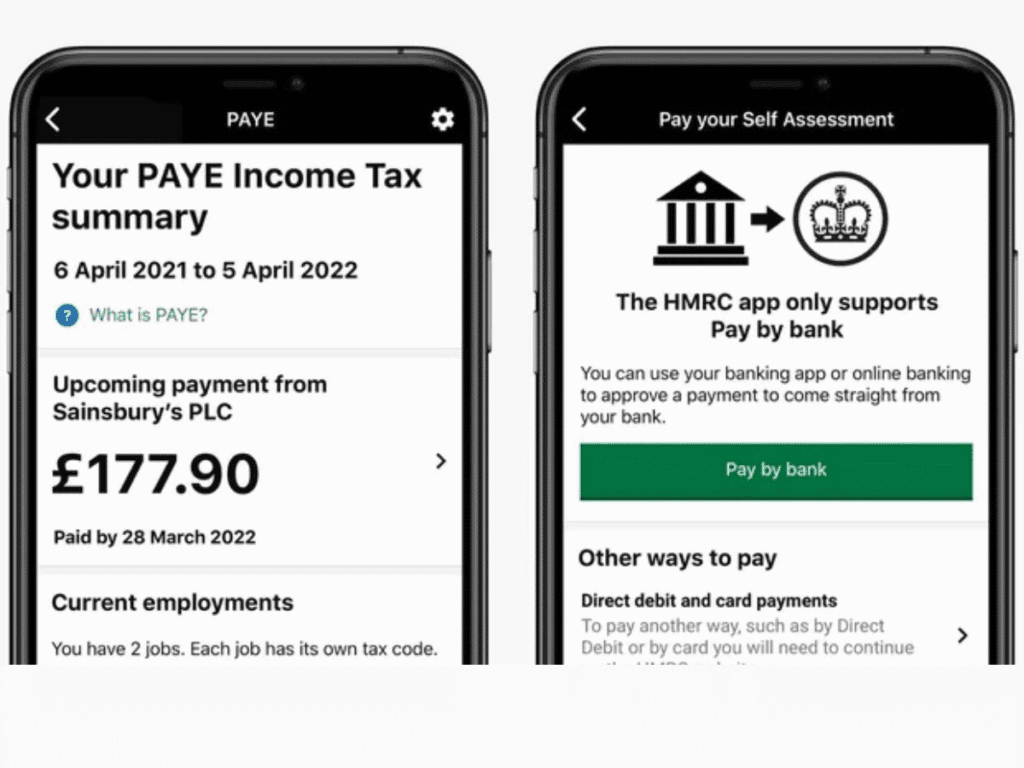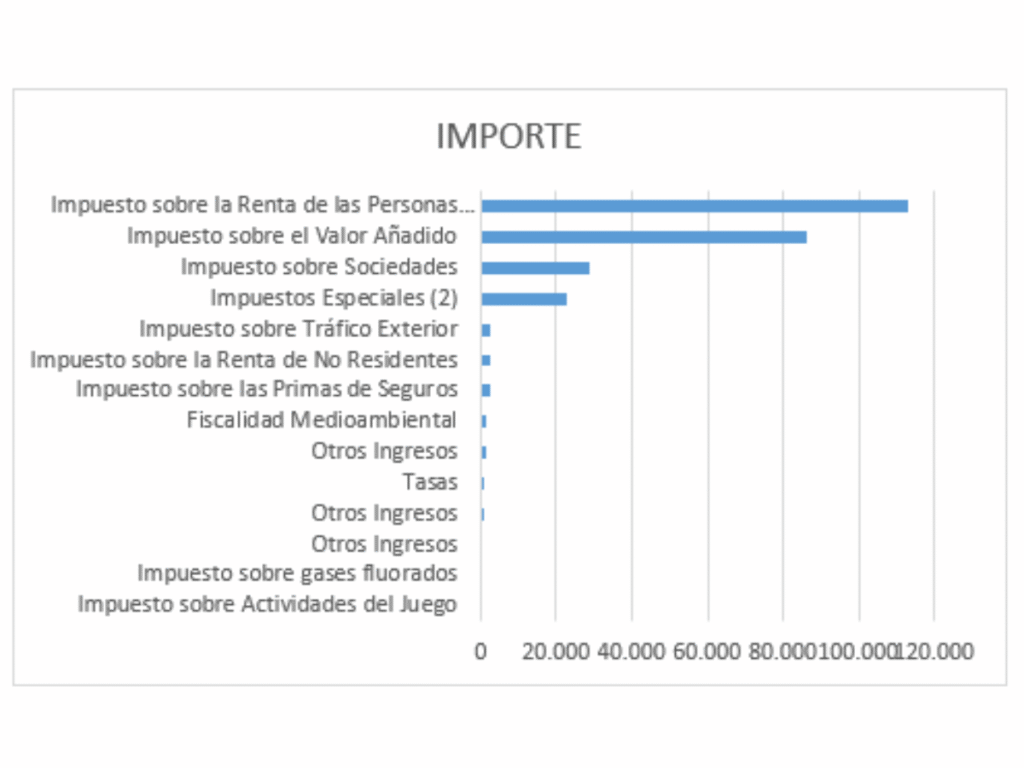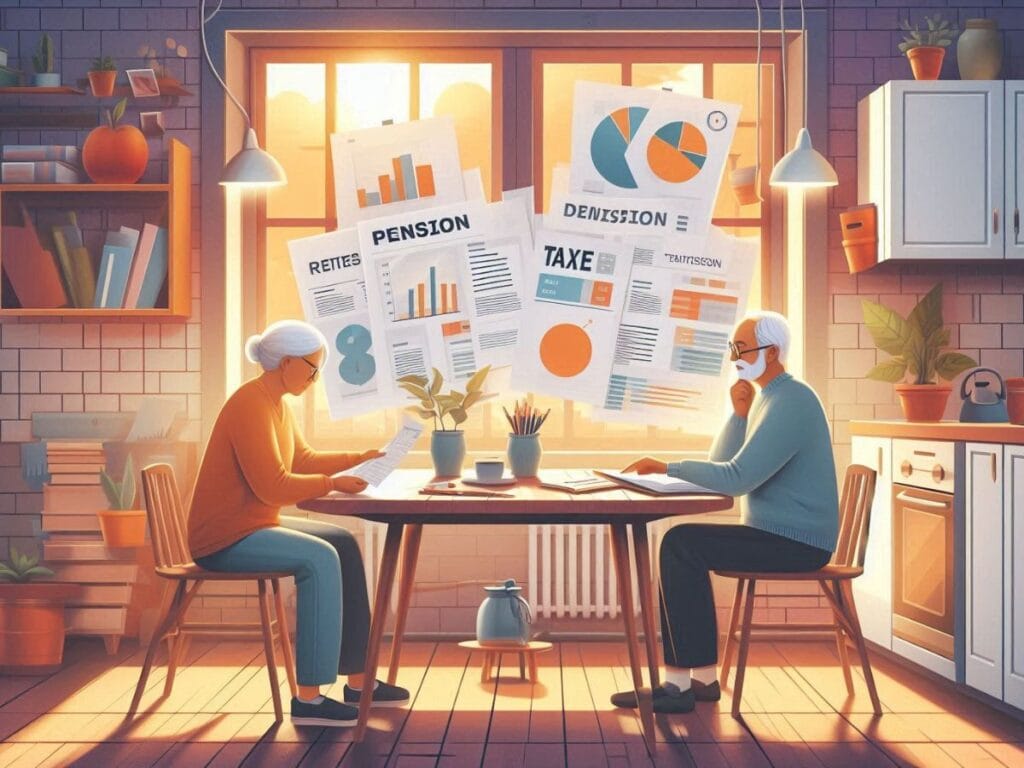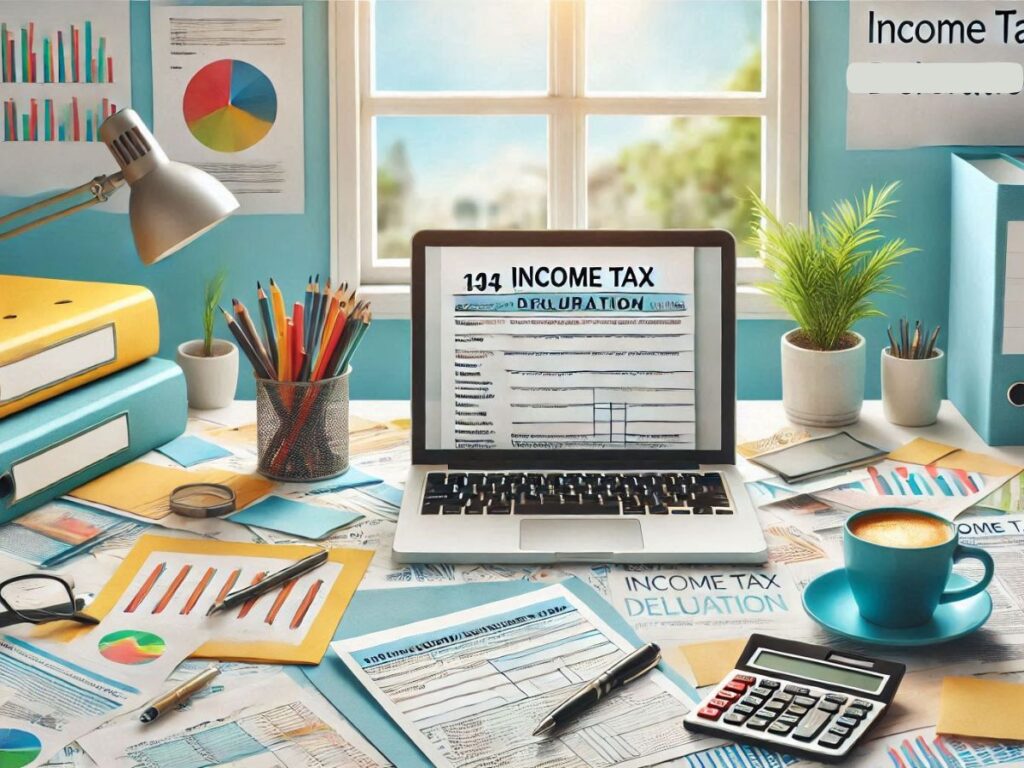Taxation
Taxation in Spain, taxation for seniors
Understanding taxation in Spain helps retirees plan with confidence. There are different approaches for residents, non residents and seniors.
Residents pay tax on worldwide income, while non-residents are taxed only on income generated within Spain. The system uses progressive rates for residents, while non-residents usually pay a flat rate. Double taxation treaties with many countries prevent you from paying tax twice on the same income.
Pensions and investment income fall under Spanish tax rules once you become a resident. You must declare earnings, but deductions and allowances can reduce your bill. Non-residents with rental income or property sales also face Spanish tax, although rules differ from those for full residents. Each case depends on personal status, income type, and country of origin.
Retirees over 65 enjoy special advantages. Selling your main home after 65 is exempt from capital gains tax under certain conditions. Some pension products also benefit from favorable treatment. These rules reward long-term residents and protect retirement savings. With clear planning and advice, taxation in Spain remains fair and manageable. The key lies in knowing your category—resident, non-resident, or senior—and making the most of the allowances available.

